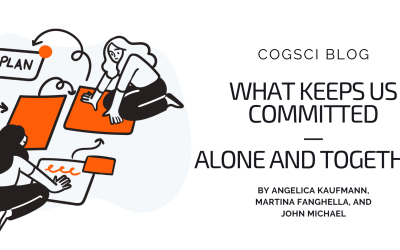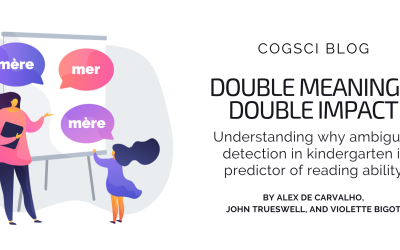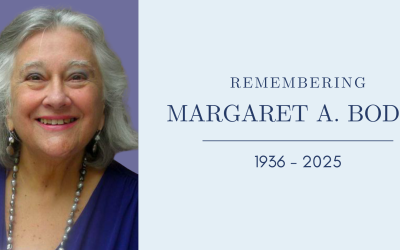The Cognitive Science Society would like to honor the next generation of cognitive scientists by highlighting this year’s Robert J. Glushko award winners.
Each year, undergraduate students across many universities are selected for Robert J. Glushko awards for academic excellence in Cognitive Science. The purpose of these awards is to recognize students’ accomplishments and to encourage their pursuit of interdisciplinary questions about the mind.
We asked a sample of award winners to share their research interests, and how they got into Cognitive Science. We invite you to learn about these great students and their research in the below bios.
A special thank you to Dr. Robert J. Glushko for his generosity in funding these awards.
2022 Glushko Undergraduate Research
Award Winner Highlights (Alphabetized by Last Name)
 Alice Aizza, University of Texas at Austin ‘21
Alice Aizza, University of Texas at Austin ‘21
Research interests: My research focuses on how people regulate their thoughts and emotions. I am particularly fascinated by the interplay between environmental factors, and the development of fundamental cognitive tools (such as executive functions) used to control their thoughts and emotions.
Path to Cognitive Science: My interest was drawn to Cognitive Science at the beginning of my first year of undergraduate while taking my first Psychology classes, a passion that only grew while volunteering at Dr. Jessica A. Church-Lang’s Developmental Cognitive Neuroscience lab at the University of Texas at Austin.
 Anna Compton, University of Wisconsin–Madison ‘22
Anna Compton, University of Wisconsin–Madison ‘22
Research interests: My research focuses on how infants learn language, particularly from adults with varying levels of engagement (i.e., positive affect, eye contact, and hand gestures). I am interested in whether infants will more successfully learn novel words from an adult with whom they have experience interacting in an engaging manner compared to an adult who has previously been unengaging.
Path to Cognitive Science: My interest in language acquisition began due to my own experience learning a second language and has grown during my time as a lab member in Dr. Jenny Saffran’s Infant Learning Lab at the University of Wisconsin-Madison.
 Hannah Hamling, New York University ‘22
Hannah Hamling, New York University ‘22
Research interests: My research focuses on how learning in unpredictable environments differs across development. More specifically, I’m interested in how the pupillary response to volatility differs with age and if this physiological response is altered in anxious individuals.
Path to Cognitive Science: I’ve always been interested in science and math, but was introduced to cognitive science when I began working for the Hartley Lab as an undergraduate. I was introduced to reinforcement learning, computational modeling, and how learning can be quantified from behavior.
 Miriam Lebowitz, University of Wisconsin–Madison22
Miriam Lebowitz, University of Wisconsin–Madison22
Research interests: In my research, I investigated the role of speaking out loud (what my lab refers to as production) during the second language learning process. We also examined whether motivation and anxiety were mediating the relationship between production and learning outcomes identified in previous research. In general, I am interested in how people, particularly adults, learn new languages and how teaching practices can increase the likelihood of language acquisition.
Path to Cognitive Science: I have always been interested in psychology and linguistics, and, more recently, I also became interested in computer science. When I started college, I wanted to find a way to combine these three interests. Through a variety of classes and my engagement with the Language Cognition and Neuroscience Lab (LCNL) at UW Madison, I realized that through Cognitive Science, I could combine my interests in psychology, linguistics, and computer science and actively learn more about the topics and concepts that have always intrigued me.
 Russell Noble, University of Michigan ’22
Russell Noble, University of Michigan ’22
Research interests: My current research focuses on prosocial behavior and behavioral economics, specifically characteristics that facilitate altruism and responses to those characteristics in economic games. I am interested in pursuing how social connection and support impact health, aging, and well-being.
Path to Cognitive Science: My interest in Cognitive Science developed over time. I was initially drawn to Cognitive Science academically as it was a meeting of many fields that interested me as an undergrad, but my interest really expanded while working in a Cognitive Science lab under Dr. Stephanie Preston.
Congratulations to all Robert J. Glushko award winners!
If you are one of this year’s Glushko award recipients, we encourage you to celebrate your achievements. Make a Twitter thread about yourself similar to these student’s highlights and use the hashtag #CogSciGlushkoUgrad
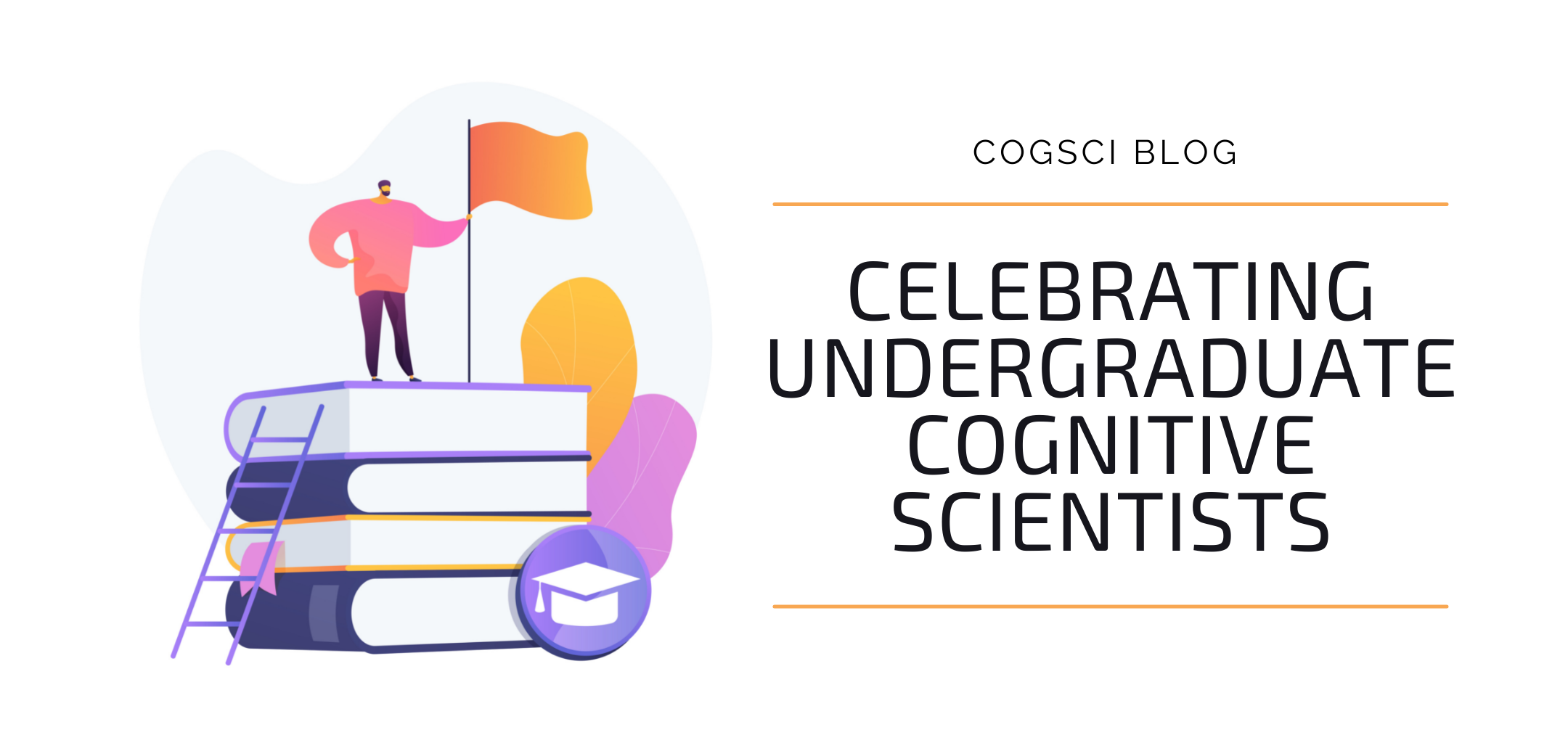
 Alice Aizza, University of Texas at Austin ‘21
Alice Aizza, University of Texas at Austin ‘21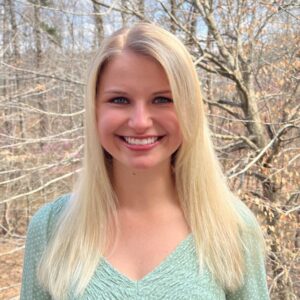 Anna Compton, University of Wisconsin–Madison ‘22
Anna Compton, University of Wisconsin–Madison ‘22 Hannah Hamling, New York University ‘22
Hannah Hamling, New York University ‘22 Miriam Lebowitz, University of Wisconsin–Madison22
Miriam Lebowitz, University of Wisconsin–Madison22 Russell Noble, University of Michigan ’22
Russell Noble, University of Michigan ’22